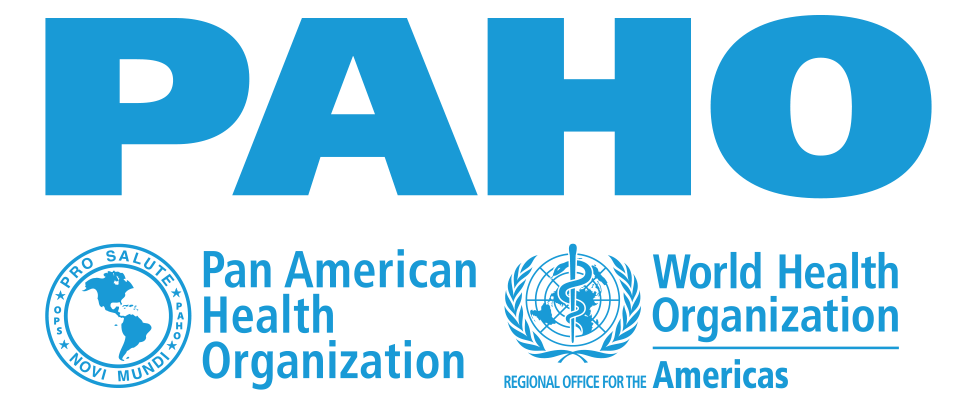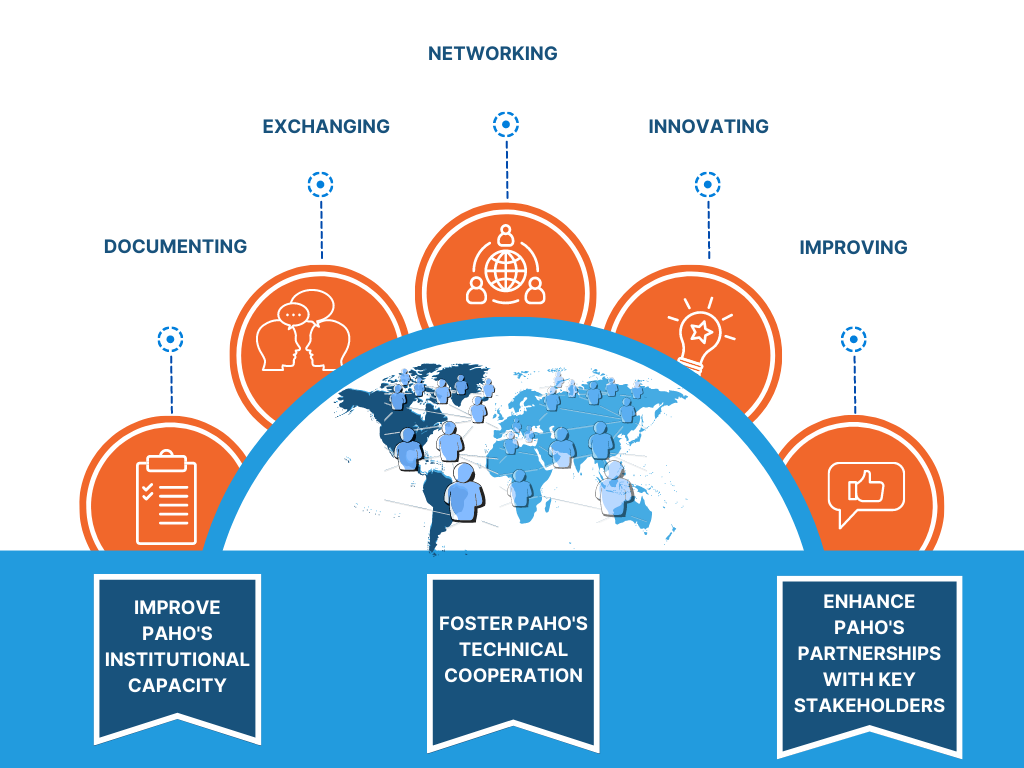About
PAHO’s Initiative. Good Practices in Public Health: Experiences and Lessons Learned from the Americas
Good Practices (GPs) are defined by the Pan American Health Organization (PAHO) as the initiatives, interventions, solutions, methodologies, or procedures, undertaken during the implementation of activities and projects at regional, sub-regional, and local levels, that have yielded results that could be adapted and/or replicated in different contexts and by different countries and territories or organizations.
Learning from Experience, Sharing for Improvement
The compilation of GP will help local authorities, decision-makers, public health professionals, external partners/donors, and communities to raise the visibility of the experiences of the Region and to foster the value added by PAHO’s participation in developing projects. These results might be defined as positive contributions to the impacts and outcomes at regional and global levels.
Also, it will contribute to providing a solution for the Member States and Stakeholders in the Americas, which will allow them to collect, systematize, and share their knowledge, innovations, and lessons learned towards the achievement of international agendas such as SHAA 2030 and SDGs (Fig. 1).
Fig. 1: Initiative’s Goals
Documenting a Good Practice
For the Organization, the following Core Attributes will be used to document a GP:
- Effectiveness: Evidence of successfully achieving its objectives. This evidence may include results sustained over time, tangible products, and methodologies.
- Cost-Effectiveness: Evidence of an economic approach that is financially realistic and accessible to the necessary actors.
- Efficiency: Evidence of a responsible and fiscal approach to implementing resources toward achieving the desired results.
- Sustainability: Evidence of maintaining the results achieved over time. It should generate the essential tools needed to confront future challenges.
- Replicability/Adaptability: Evidence of the potential to replicate or adapt to other contexts and situations.
- Innovation: Evidence of taking, promoting, or creating an entirely new technology or approach to a problem or encouraging innovation by its users to collaboratively develop new solutions to common issues.
- Participation: Evidence of the involvement of key stakeholders and partners (particularly the primary beneficiaries) in important decisions and actions related to the intervention, and the adoption of a participative approach.
- Focus on Cross-Cutting Themes (Equity, Gender, Ethnicity, and Human Rights): PAHO’s Strategic Plan 2020-2025 addresses four cross-cutting themes: equity, gender, ethnicity, and human rights. Given the centrality of the themes to PAHO’s technical cooperation, good practice should demonstrate the capacity to analyze and propose changes in the vulnerabilities, diversities, or gaps that interfere with the population’s health conditions.
Additionally, some Calls for Good Practices may include up to four Technical Attributes to document and evaluate a GP. If applicable, these will be listed in the Terms of Reference of the Call.
Evaluation of a Good Practice
The evaluation of a GP will be done in two steps: Basic Screening and Technical Assessment.
- The Basic Screening aims to ensure that the submission form has been completed with valid information, particularly in the mandatory fields, and ensure that the outlined requirements are addressed.
- The Technical Assessment aims to ensure the proposed GP is in alignment with the technical principles of the Organization, or a particular call for GPs. The proposed GP will be analyzed by either a PAHO technical department representative or a technical committee.
Only the GPs that have been evaluated and have met specific criteria will be published on the Portal.
How to submit a proposal
- Create an account in the Create your user page.
- Once you’ve registered, a member of the Good Practices Secretariat will review your account as soon as possible.
- You will receive an email update when your account becomes activated or when there is an action to make.
- Login in the Portal with your account credentials.
- Click on New Submission at the top of the page, fill the submission form, and send.
- You will receive email updates regarding the submission as it undergoes each evaluation step.
For more details,

